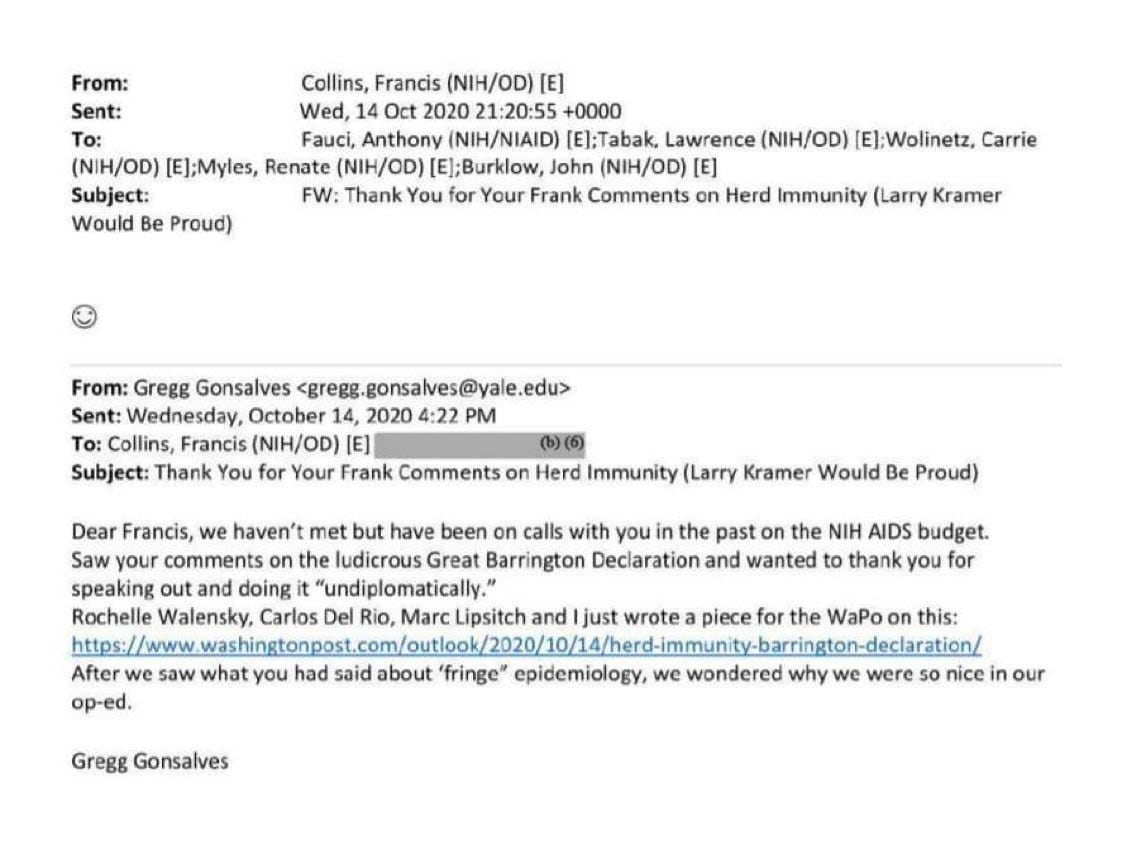New Research Confirms Interventions are Useless
The studies debunking Fauci, the CDC and others are coming quickly
Hopefully we’ve reached the breaking point.
For two years the pervasive groupthink amongst the public health profession, the media and many politicians ensured that there would be no criticism of public health policies, no matter how absurd or useless they immediately proved to be.
Lockdowns, business closures, capacity limits, closed schools and playgrounds, masks, vaccine passports, travel restrictions, mass testing and contact tracing all accomplished nothing but significant harm to the public.
More importantly, researchers and scientists mostly stayed silent — afraid of retribution from the National Institute of Health’s Francis Collins and Anthony Fauci who organized PR campaigns to disparage and impugn the credibility of anyone who criticized their mandates.
Left wing political activists like Gregg Gonsalves cheered on this illiberal, disgraceful attitude, receiving praise from Collins for lying about and smearing those who dared disagree:
Outside of a few brave individuals like Jay Bhattacharya, John Ioannidis, Scott Atlas, Martin Kuldorff and Sunetra Gupta, the “fringe epidemiologists,” most were unwilling to speak out against the widespread proliferation of pandemic theater.
As the pandemic response has driven the runaway growth of the inflation crisis while learning losses accelerate and mental health concerns spiral, we’re now seeing the devastating results of governmental incompetence.
And thankfully, more than two years after the start of our pointless, harmful COVID “response,” researchers are finally willing to point out the obvious — pandemic “interventions” do not work.
A new research letter from Cornell University in New York details the spread of the coronavirus on campus from late 2021 into 2022.
The letter and the data behind it was compiled and written by several Cornell employees, who had every reason to support their employers policies of mass testing, forced vaccination and masking.
In fact, the abstract of the paper specifically referenced those policies and the resulting assumptions when examining the data they collected:
Keep reading with a 7-day free trial
Subscribe to Unmasked to keep reading this post and get 7 days of free access to the full post archives.




